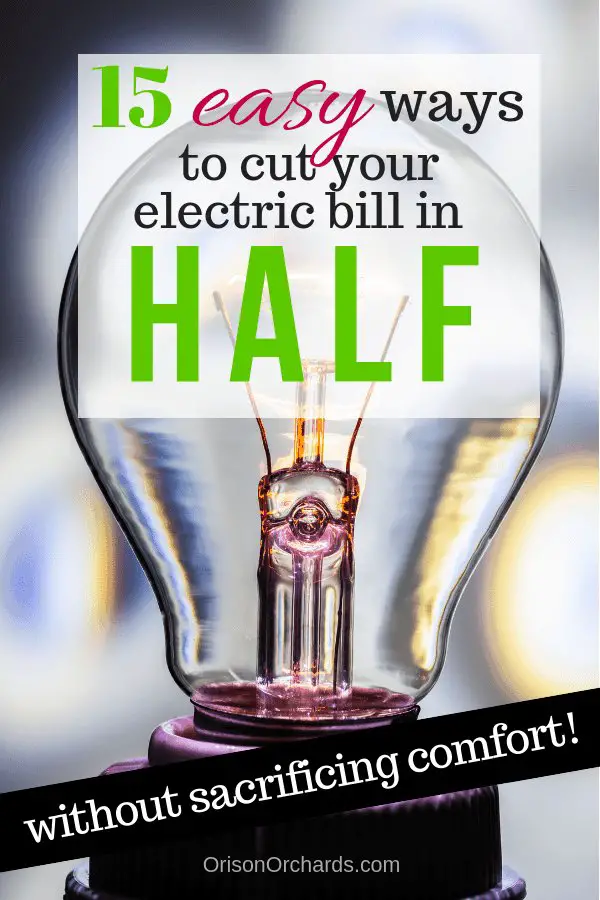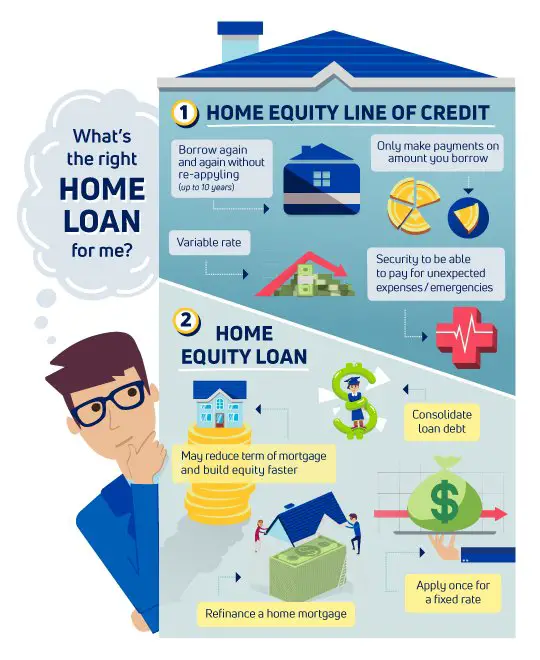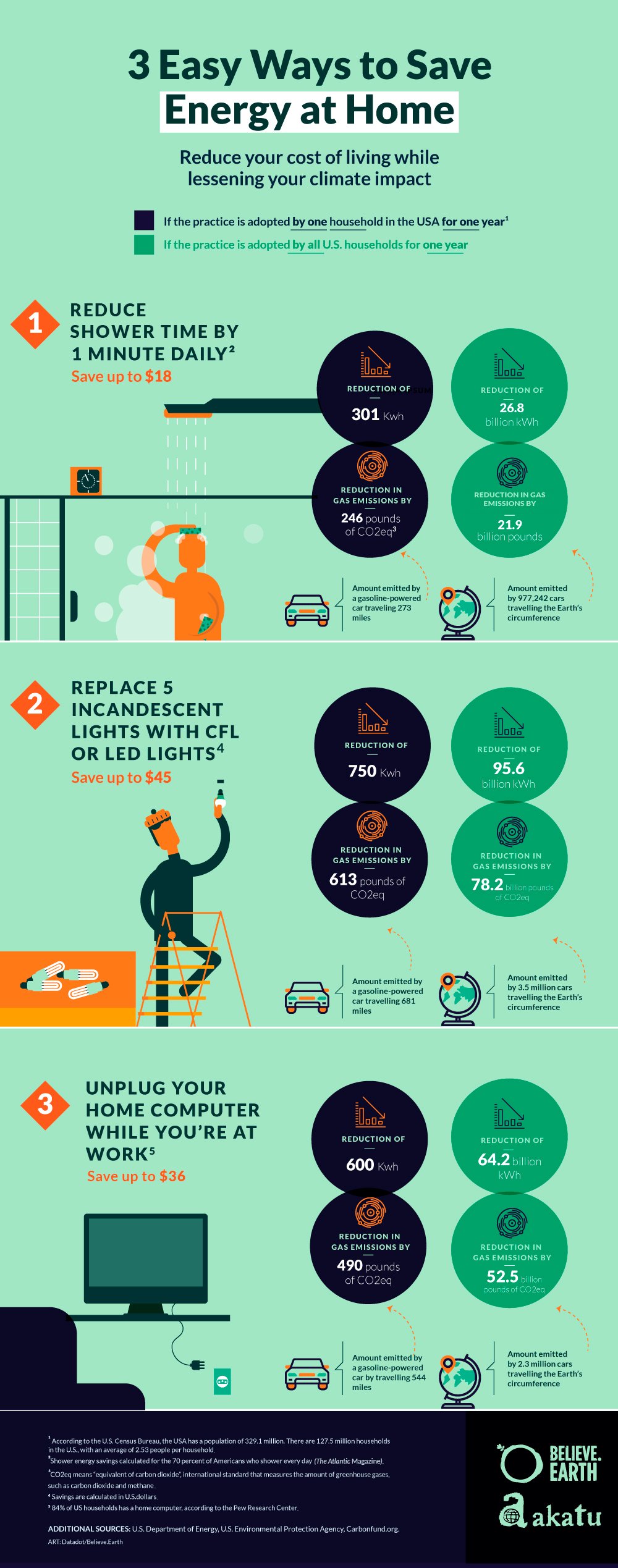Looking to reduce your utility bills without sacrificing comfort? You’re not alone. Many of us strive to find ways to save on utilities without compromising our need for a cozy and pleasant living environment. The good news is, it’s absolutely possible! In this article, we’ll explore practical and easy-to-implement strategies that will help you lower your utility expenses while still enjoying the comfort you deserve. So, whether you’re a homeowner or renter, this guide has got you covered on how to save on utilities without sacrificing comfort. Let’s dive in and discover some effective solutions!
How to Save on Utilities Without Sacrificing Comfort
When it comes to managing your household expenses, utility bills can often be a major concern. However, finding ways to save on utilities without sacrificing comfort is entirely possible. By implementing some simple changes and adopting energy-efficient practices, you can significantly reduce your utility bills without compromising on your comfort. In this article, we will explore various strategies and tips to help you save on utilities while maintaining a comfortable living environment.
1. Optimize Your Heating and Cooling
Heating and cooling your home can account for a significant portion of your utility expenses. By optimizing your HVAC system, you can reduce energy consumption while still enjoying a comfortable indoor temperature. Here’s how:
- Install a programmable thermostat: A programmable thermostat allows you to set different temperature levels based on your schedule. You can lower the temperature when you’re away or asleep and have it automatically adjust to a comfortable level when you’re back.
- Seal air leaks: Inspect your home for air leaks around windows, doors, and vents. Use weatherstripping or caulking to seal any gaps, preventing hot or cold air from entering or escaping your home.
- Properly insulate: Ensure your home is well-insulated to keep the desired temperature inside. Insulate walls, floors, and attics, and consider using window coverings to prevent heat transfer.
- Maintain your HVAC system: Regularly clean or replace air filters, and schedule annual maintenance for your heating and cooling systems. A well-maintained system operates more efficiently and consumes less energy.
2. Conserve Water Usage
Reducing water consumption not only helps the environment but also reduces your water bills. Water-saving measures can be implemented without sacrificing your comfort. Consider the following:
- Fix leaks promptly: Even a small leak can waste a significant amount of water over time. Regularly check for leaks in faucets, toilets, and pipes, and repair them promptly.
- Upgrade to low-flow fixtures: Install low-flow showerheads, faucets, and toilets to reduce water usage without compromising water pressure or comfort.
- Take shorter showers: Limit your shower time to conserve water. Consider using a shower timer or listening to your favorite songs to keep track of time and make showers more enjoyable.
- Collect rainwater: Install a rain barrel to collect rainwater for outdoor use, such as watering plants or washing your car. This can help reduce your reliance on tap water.
3. Optimize Lighting Efficiency
Lighting is another area where you can save on utilities without sacrificing comfort. By optimizing your lighting choices and habits, you can reduce electricity consumption and still maintain a well-lit and cozy atmosphere. Here’s what you can do:
- Switch to LED bulbs: LED bulbs are energy-efficient and have a longer lifespan compared to traditional incandescent bulbs. They consume less electricity and emit less heat, making them a cost-effective and safer lighting option.
- Take advantage of natural light: During daylight hours, open curtains or blinds to let natural light illuminate your space. This not only saves electricity but also creates a pleasant and inviting ambiance.
- Use task lighting: Instead of relying on overhead lights, use task lighting for specific activities. This allows you to illuminate only the area you need, reducing overall electricity usage.
- Install motion sensors or timers: Incorporate motion sensors or timers in rooms that are frequently used but often left unattended. This ensures lights are not left on unnecessarily, saving energy and money.
4. Implement Smart Energy Practices
Advancements in technology have made it easier than ever to track and manage your energy consumption. By implementing smart energy practices, you can make informed decisions and save on utilities. Consider the following:
- Monitor your energy usage: Use smart meters or energy monitoring systems to track your energy consumption. This helps you identify areas of high usage and take appropriate measures to reduce them.
- Unplug idle electronics: Many electronics consume standby power even when not in use. Unplug devices or use power strips with switches to completely cut off power to idle electronics.
- Utilize energy-saving modes: Take advantage of energy-saving modes in your electronic devices, such as computers, TVs, and washing machines. These modes reduce power consumption without sacrificing functionality.
- Consider renewable energy sources: Explore the possibility of installing solar panels or utilizing other renewable energy sources. While this may require an initial investment, it can significantly reduce or even eliminate your reliance on traditional utilities in the long run.
5. Maximize Appliance Efficiency
Household appliances contribute to a considerable portion of your energy consumption. By maximizing their efficiency, you can save on utilities while still enjoying their convenience. Consider the following tips:
- Upgrade to energy-efficient appliances: When it’s time to replace old appliances, opt for energy-efficient models. Look for Energy Star certified appliances, which are designed to consume less energy while maintaining high performance.
- Set appropriate temperature levels: Adjust refrigerator and freezer temperatures to their recommended settings. Avoid excessively cold settings, as they consume more energy without providing significant benefits.
- Run full loads: When using your dishwasher or washing machine, make sure to run full loads. This optimizes energy and water usage, as running multiple small loads consumes more resources in the long run.
- Avoid peak energy hours: In some areas, utility companies charge higher rates during peak energy hours. Be mindful of these peak hours and try to schedule energy-intensive activities, such as laundry or dishwashing, during off-peak hours.
By implementing these strategies and adopting energy-efficient practices, you can save significantly on your utility bills without sacrificing comfort. Remember, even small changes in your daily routines and habits can make a noticeable difference in your monthly expenses. Start implementing these tips today and enjoy the benefits of a more energy-conscious and cost-effective lifestyle.
How To Save Money On Utilities In 2023┃Frugal Living Hacks
Frequently Asked Questions
Frequently Asked Questions (FAQs)
How can I save on utilities without sacrificing comfort?
To save on utilities without sacrificing comfort, consider implementing the following tips:
What are some energy-efficient practices I can adopt at home?
To be more energy-efficient at home, you can:
Does adjusting the thermostat really make a difference?
Yes, adjusting the thermostat can significantly impact your energy consumption. Lowering the temperature in winter and raising it in summer can help save on heating and cooling costs.
How can I reduce my water consumption?
To reduce water consumption, you can:
Are there any specific appliances I should consider upgrading?
Upgrading certain appliances can help save on utilities. Consider replacing older models with energy-efficient options such as:
What role does insulation play in saving energy?
Proper insulation is crucial for saving energy. It helps maintain a comfortable indoor temperature while reducing the need for excessive heating or cooling.
Can using natural light really make a difference?
Yes, utilizing natural light can decrease the need for artificial lighting during the day, resulting in lower electricity usage.
Are there any government incentives or programs available for energy-saving initiatives?
Yes, many governments offer incentives and programs to encourage energy-saving initiatives. Research local programs to see if you qualify for rebates or other benefits.
Final Thoughts
To save on utilities without sacrificing comfort, implementing energy-efficient practices is key. Start by installing programmable thermostats to regulate temperature settings automatically. This will prevent unnecessary heating or cooling when no one is home. Additionally, insulating walls, windows, and doors can significantly reduce energy loss. Opting for LED light bulbs and turning off lights when not in use can also save energy. Using appliances and electronics efficiently, such as washing full loads of laundry and using power-saving mode on electronics, further cuts down on utility costs. By adopting these simple yet effective strategies, it is possible to save on utilities without compromising comfort.



